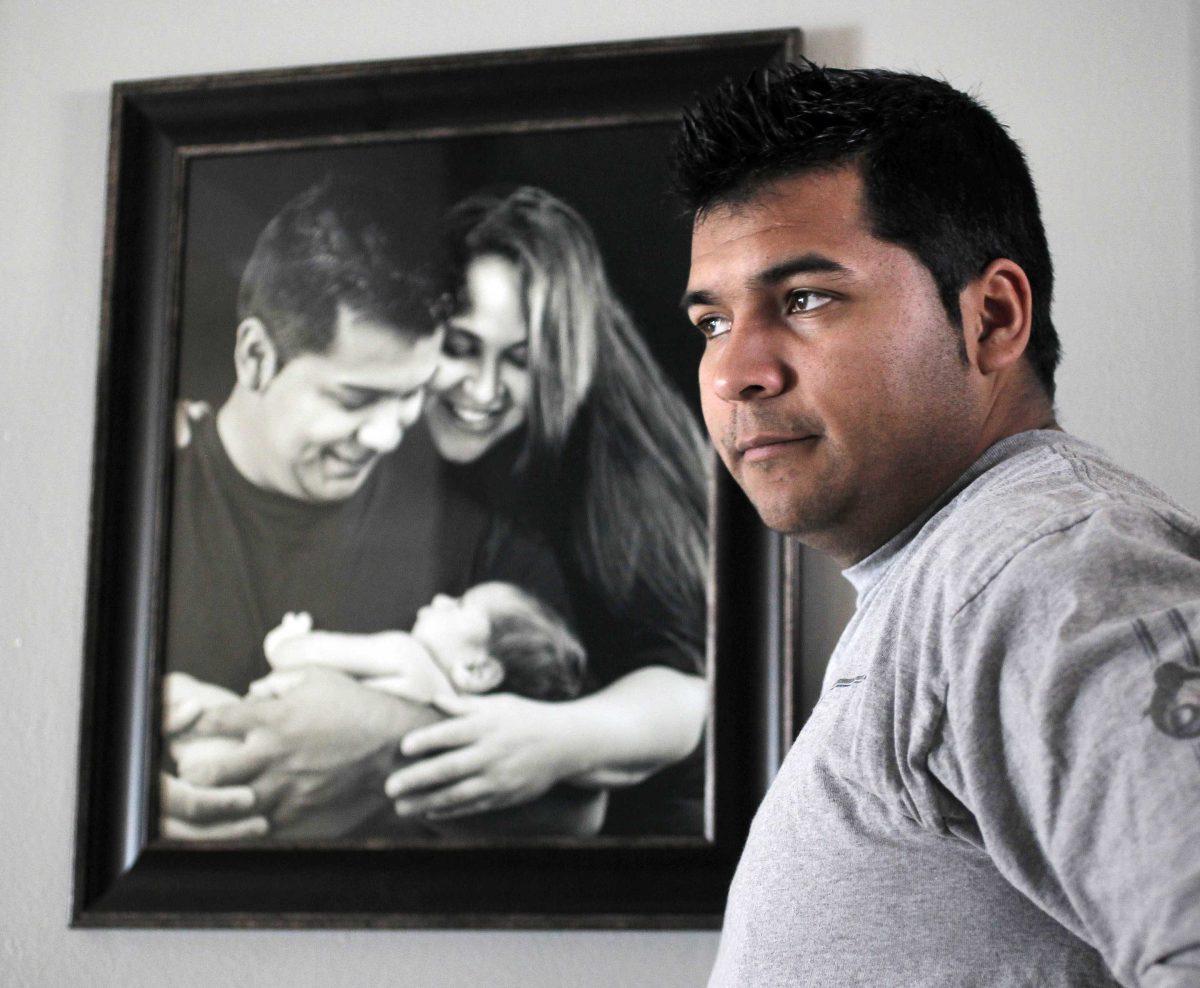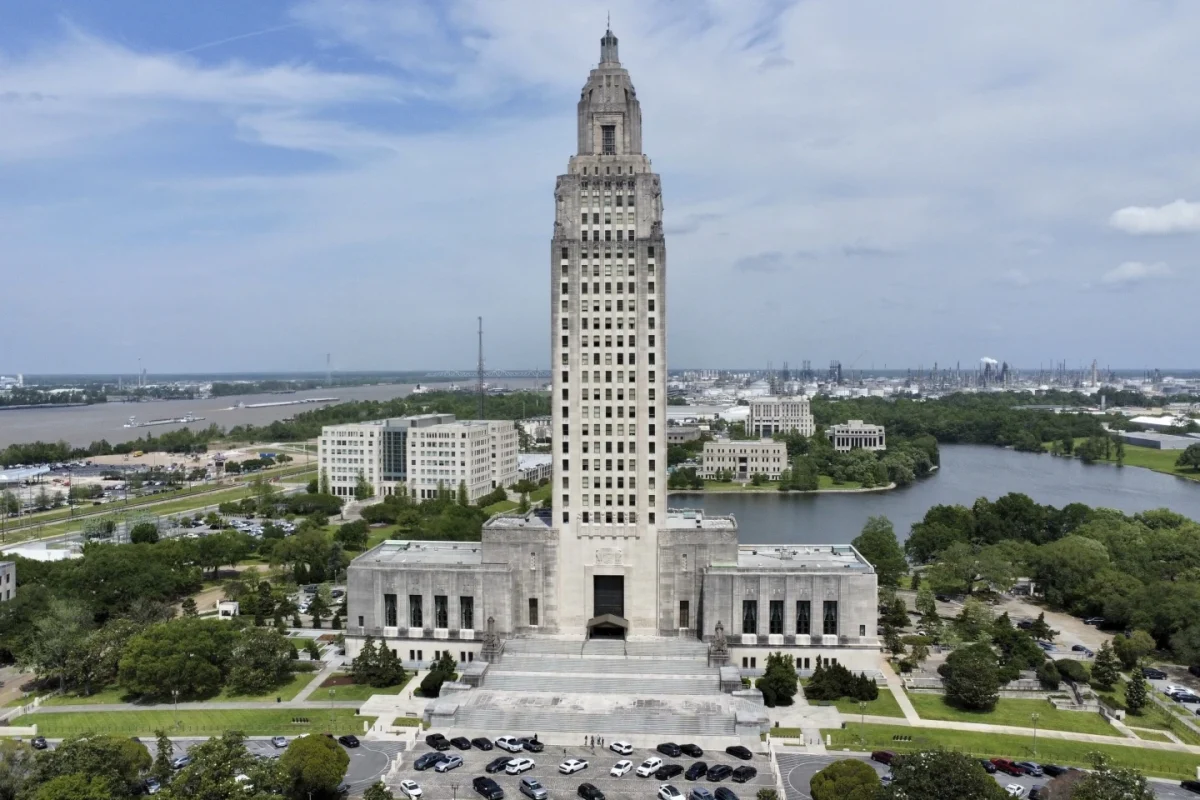The day that we finally receive our driver’s licenses, few of us give much thought to being organ donors. But in reality, it’s a big permission slip for our organs.
Bodily autonomy, or the complete ownership over one’s body, is the reason that we have a choice to be organ donors. This right is one we should not take lightly.
In the case of Marlise Munoz, a young woman who was 14 weeks pregnant when she died from a blood clot in November, bodily autonomy was dismissed in the favor of the undeveloped fetus inside of her.
Both Munoz and her family opposed sustained life support, but the John Peter Smith Hospital in Texas chose to the keep the 33-year-old in a vegetative state, donating her uterus to the unborn child.
Forced organ donation is illegal, whether there is another individual’s life at stake or not, because it violates our right to bodily autonomy.
If my sister was in a car accident and I was the only one in the world who could give her a blood transfusion, they cannot force me to give my blood because it is my blood.
The brain dead woman’s husband is now suing the hospital for refusing their DNR (Do Not Resuscitate) request, and rightfully so.
A more common bodily autonomy dismissal is committed each day to American newborn males.
Comedian George Carlin described circumcision as “a barbaric practice designed to remind you as early as possible that your genitals are not your own.”
This usually goes on in the name of tradition and science. However, with modern medical practices, the science shows that there are no medical benefits to circumcision.
Even if there were a risk for infection, forcing an unconsenting minor into a surgery in which there is no immediate danger is, indeed, barbaric.
Meanwhile, eight in 10 American males walk around with 20,000 less sexual nerve endings than their uncircumcised friends because we have shifted the right to a whole penis into the family’s hands.
Let’s be clear. It’s not the family’s penis, and at that age the individual is unable to consent to the procedure.
Bodily autonomy extends beyond just the physical body. And the consequences can be dangerous.
As children, we can recount times in which our parents instructed us to hug or kiss a relative. And we complied because we were told to. What many parents don’t seem to realize is this forced intimacy is a violation of our right to bodily autonomy.
In a CNN article discussing her ownership over her daughter’s body — or lack thereof — Katia Hetter explained hearing of severe sexual abuse acts committed by a close family member to a child her daughter’s age.
She went on to say that forcing children to respond intimately to a perceived stranger, relative or not, teaches compliance, which can then be used against the child by a predator.
Teaching children that they have the right to refuse unwanted physical attention from any one is a step in the right direction. Especially today, as the rate of sexual crimes committed by someone the victim knows is well over two thirds.
Bodily autonomy also covers any material in which our physical bodies can be exposed. And this applies to pornographic images.
Millions of websites exist for the heartbroken pathetic low lives to post intimate images trusted to them while in a relationship. These insolents then sit back and watch as strangers ridicule or sexually harass their former partners.
Until recently, if you were the victim of this exploitation you could do very little. In fact, if you were exploited, your reputation was ruined.
Israel recently outlawed the nonconsensual spreading of pornographic materials, commonly known as revenge porn. This law now points out the violation of privacy and exploitation.
So now, instead of punishing the victim, Israel is punishing the perpetrator.
Meanwhile, American lawmakers are dismissing the individual’s right to their body in favor of another individual’s false rights.
Jana King is a 19-year-old communication studies sophomore from Ponchatoula, La.
Opinion: Disrespect for bodily autonomy a societal flaw
By Jana King
January 14, 2014
In this Friday, Jan. 3, 2014 photo, Erick Munoz stands with an undated copy of a photograph of himself, left, with wife Marlise and their son Mateo in Haltom City, Texas. Munoz filed a lawsuit in state district court in Fort Worth, Texas, where his wife has been on life support since he found her unconscious in their home on Nov. 26, 2013. She was 14 weeks pregnant at the time. (AP Photo/The Fort Worth Star-Telegram, Ron T. Ennis)
More to Discover











